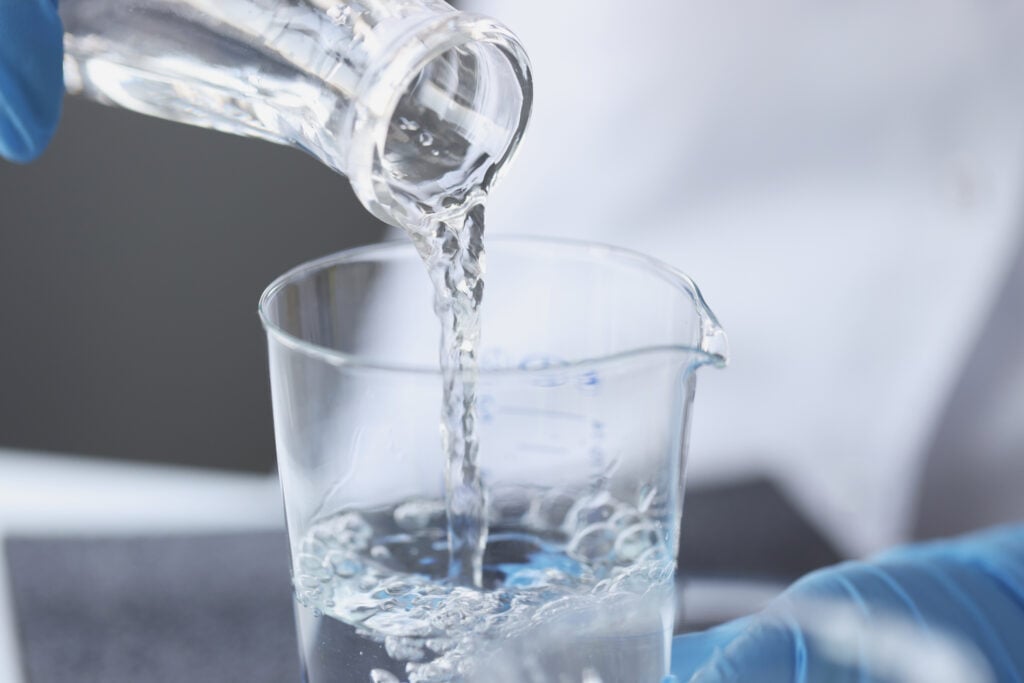While more than 40 million Americans rely on private water wells, a new survey from Iowa shows that few of them monitor the quality of their water. Since private water wells are not monitored by any government agency, it’s up to the well owner to know if their water is healthy. If the owner of a private well does not monitor the quality of their own well, those using the water risk health problems. This Iowa study revealed how many people do or don’t test their well water, rely on other sources of drinking water, filter their water and more.
Why Iowa Was Chosen for This Look Into Water Quality
Iowa has a very high prevalence of private water wells throughout the state. This state is also prone to nitrate contamination in the western and, most significantly, the eastern sections of the state. More than 20,000 Iowa households supplied by private wells were surveyed to learn their habits related to well testing and where they sourced their drinking water.
Households in regions known to typically experience high nitrate contamination were chosen for the survey. Agricultural activities including crops like corn or soybeans and livestock farming add high quantities of nitrates to the soil. These nitrates make their way into groundwater which is subsequently used as drinking water. When humans drink nitrate-contaminated water long-term, the health effects can be severe, including an increased risk of these problems:
- Colorectal cancer
- Thyroid disease
- Birth defects including spina bifida
- Heart disease
- Miscarriage
- Kidney and spleen damage
Nitrates are also known for their ability to cause methemoglobinemia, also known as “blue baby syndrome.” When infants consume too much nitrate, their bodies become unable to process oxygen and their skin turns blue. This can happen when baby formulas are mixed with high-nitrate well water.
What the Iowan Survey Tells Us about Well Water Testing
The results of this survey reveal that nearly 40% of the households contacted take no action at all to protect themselves from nitrate or other contamination in their well water. Only 9% had tested their well water in the prior year, but 90% of these households were using their wells for at least some of their drinking water. By law, the only time a well must be tested is when it first goes into operation. After that, it is the owner’s responsibility to monitor water quality.
About half the households surveyed recognized the importance of pure water for drinking and supplemented their well water with bottled water. About 16% had added a filtering system to remove unwanted contaminants.
Wells Are Subject to Bacterial Contamination as Well as Nitrate
An earlier investigation of well water in Iowa found not only widespread nitrate contamination but also coliform or fecal coliform bacteria contamination in thousands of wells. While many types of coliform bacteria are harmless, these bacteria are easy to monitor and their presence often indicates the presence of other, harder-to-detect and more harmful bacteria. Fecal coliform in well water is a sign that the well is being contaminated by animal or human feces or sewage.
The problems that plague Iowa wells are not exclusive to that state. Every state has its own typical pattern of contamination. All private water wells need regularly scheduled monitoring because there is no local, state or federal agency that monitors or guarantees water purity. A routine water test is the only way to find problems that might require disinfection or well repair. If a test shows that the water quality is excellent, then no further action is needed.
Schedule Annual Water Testing with the Professionals: ETR Laboratories
ETR Laboratories has provided water tests for tens of thousands of private well owners across the country. Cities, counties, states and businesses also contact ETR Laboratories for testing so they can ensure their water supply is pure. Choose from their most popular water tests today so you can know exactly what is in your private well water.

